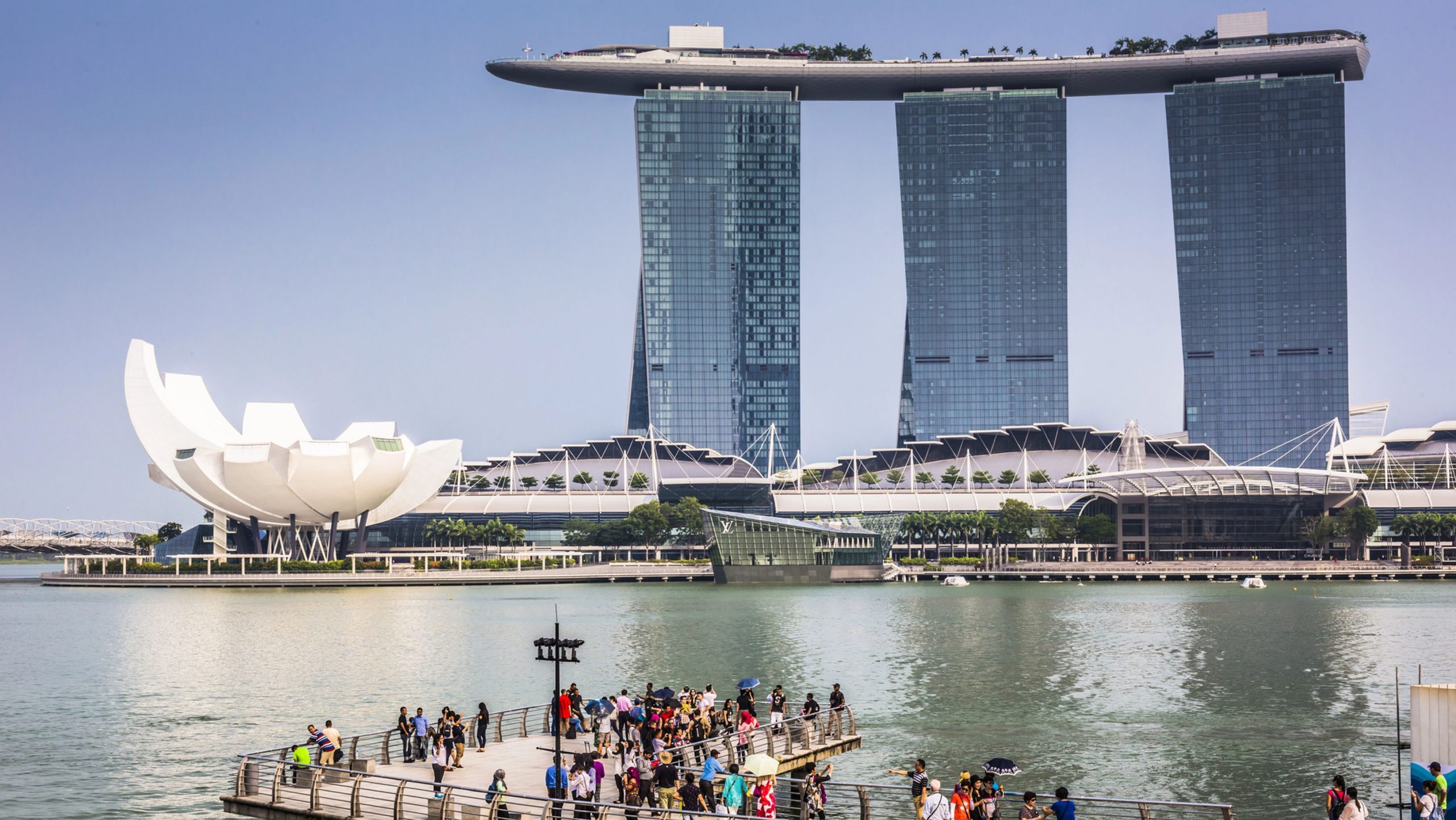Talking about the politics of ethnicity and religion, Bloomberg.com said Malaysia is slowly losing out to Indonesia in what it calls the reversal of fortunes of the neighbouring states.
It said the two Muslim majority nations are still wrestling with the politics of ethnicity and religion at odds with the capitalism of market competition, but corruption is setting Malaysia and Indonesia apart.
But the neighbours in Jakarta are gaining the favours of investors, for example, while Malaysia is shunned on many fronts.
The article lists down the changes that are occurring in both Malaysia and Indonesia and which are indicative of a reverse of fortunes.
Yet the only thing that seems to put the two countries on the same path is the rise of a form of Islamism or a need to be more Islamic in both countries.
In Indonesia, Basuki Tjahaja Purnama, a Chinese Christian who is the governor of Jakarta, is running for office while defending himself against charges of blasphemy against Islam in a country of predominantly Muslim voters.
A crowd of ten thousand – indeed of Muslim faith – thronged the street of Jakarta today in a bid to put pressure on the 50% of Jakarta who is still undecided on their final choice for the future governor of one of the largest metropolitan cities in Southeast Asia.
In Malaysia, the Islamist who have now de-facto joined the ruling United Malays National Organisation (Umno) against the opposition parties in the Pakatan Harapan, organised a rally to press for a version of Islamic law or Hudud to be implemented in the state of Kelantan.
Then starts the stark differences, where Malaysia is losing out to Indonesia amid a barrage of corruption allegations challenging Prime Minister Najib Razak.
To Najib, the hundreds of millions of dollars in his personal account are a gift from an unidentified Saudi donor.
But to the U.S. Justice Department complaint filed in federal court last July, the accusation is that Najib took from a Malaysian government investment fund, 1Malaysia Development Berhad, or 1MDB.
The money is “just a portion of the more than $3 billion that was stolen from 1MDB and laundered through American financial institutions in violation of United States law,” said then-Attorney General Loretta E. Lynch as reported by Bloomberg.
“Unfortunately and tragically, a number of corrupt officials treated this public trust as a personal bank account,” Lynch said at a briefing in Washington.
The civil action and asset seizures represent the “largest single action ever brought” by the Justice Department’s six-year-old Kleptocracy Asset Recovery Initiative, she said.
The Justice Department complaint says that $681 million transferred to Najib in 2013 originally came from $3 billion of bonds sold for 1MDB by an investment banking unit of New York-based Goldman Sachs Group Inc.
Najib started 1MDB in 2009 to promote Malaysia development. He was the chairman of the advisory board of the fund, which is wholly-owned by the Finance Ministry.
While global investors aren’t waiting for a legal verdict, they’re already making Indonesia the favored regional economy at Malaysia’s expense, Bloomberg noted
There is also crony capitalism, which was rampant in Indonesia in during the reign of Haji Mohamed Suharto, the former Indonesian army leader who ousted President Sukarno in 1967 and who ruled for 32 years, resigned in 1998.
In the past several years, crony capitalism became one of the dubious distinction Malaysia has enjoyed in the past years, said Bloomberg.
Then there is the local currency, the Malaysian ringgit, which became the worst performer in the region, while the Indonesian rupiah strengthened 26 percent against the Malaysian ringgit since June 2014, the biggest rally so far in the new century, according to data compiled by Bloomberg.
During the past three years, the Indonesian economy also has been growing at a faster rate.
As recently as the second quarter of 2014, Indonesia’s gross domestic product expanded at an annual rate of 1.56 percentage points less than Malaysia’s. Today, the trends are reversed, with Indonesia’s GDP advancing 0.71 percent faster than the Malaysian economy.
The creditworthiness of Malaysia worsened, with the deficit exploding to 4 percent of GDP.
That’s another way of saying that business and investment conflicts of interest don’t pay.




